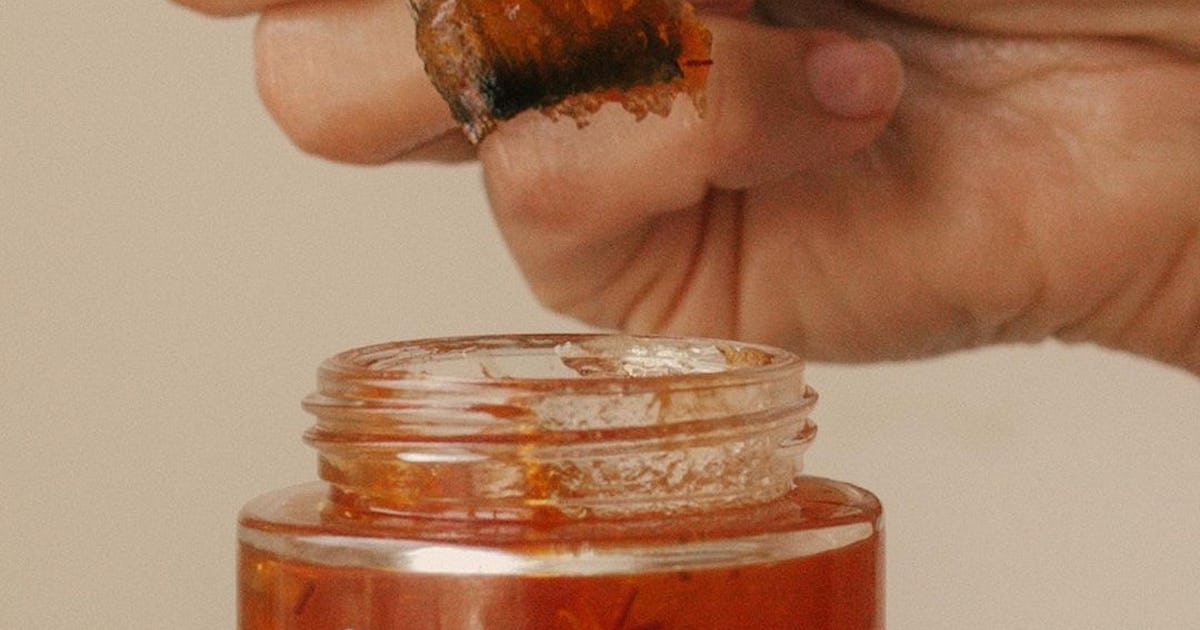Historically, Black women who make country music have been denied opportunities for commercial success or creative satisfaction. But at this potentially transformative time in American history, which has been shaped in part by by the #MeToo and Black Lives Matter movements, their astounding talent now commands a great deal more of the acclaim it deserves.
As the resounding call for Black freedom trickles its way into country music, a possible result of this cultural shift is a more equitable stake for all Black artists. But women stand to gain the most. Following decades of consistently being overlooked and undervalued, there’s an unprecedented opportunity for their art’s depth, scope, grace and excellence to impress and impact country music’s fan base.
“We used to be told, as Black female artists, not to rock the boat, not to stick out,” says Rissi Palmer, speaking with the Scene via phone. The Billboard-charting country singer’s Apple Music Country program Color Me Country highlights many emerging and established Black women in country, folk and Americana. “Now, in this environment, Black female artists are being pushed to be themselves. There’s a long-overdue party started, and I’m glad I’m still here and able to be invited.”
If you’re paying attention to radio spins, streaming numbers and industry hype, Black women making country and country-adjacent music — women like Palmer, Yola, Mickey Guyton, Kamara Thomas and Americana super-quartet Our Native Daughters (Rhiannon Giddens, Amythyst Kiah, Leyla McCalla and Allison Russell) — have likely been drawing your attention this year.


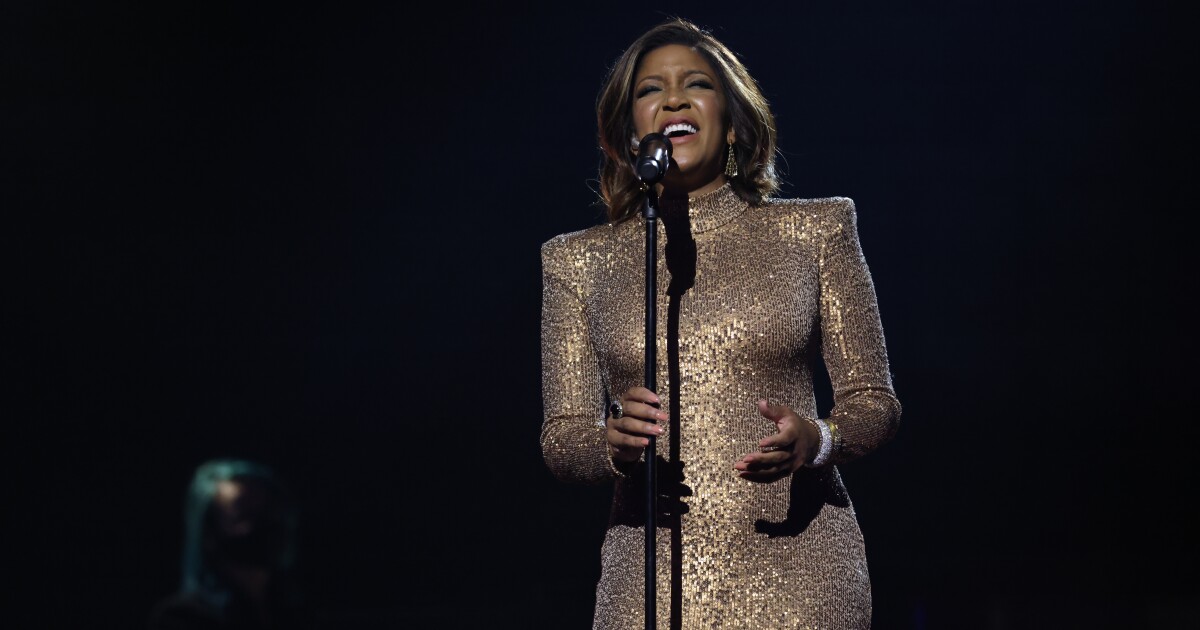

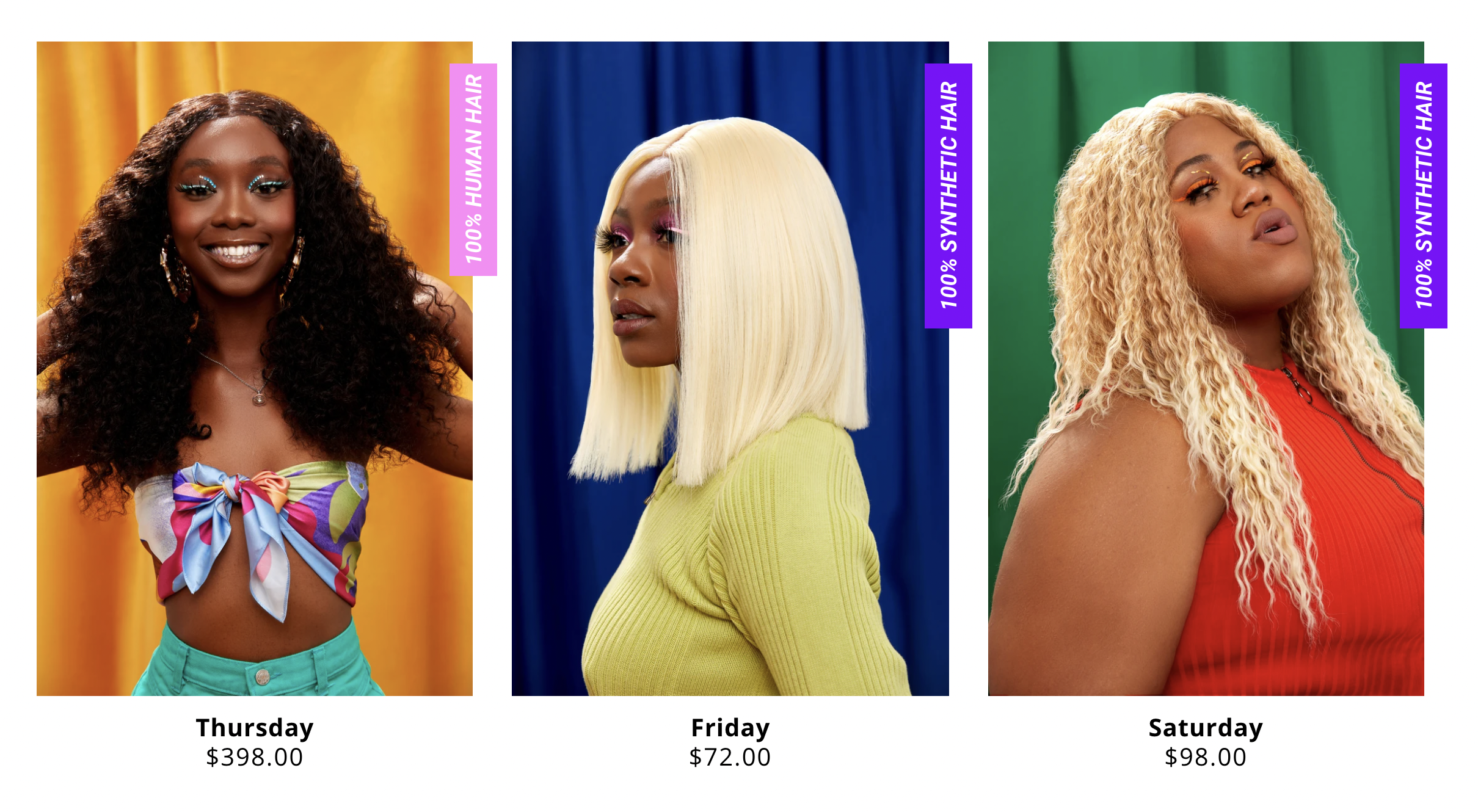
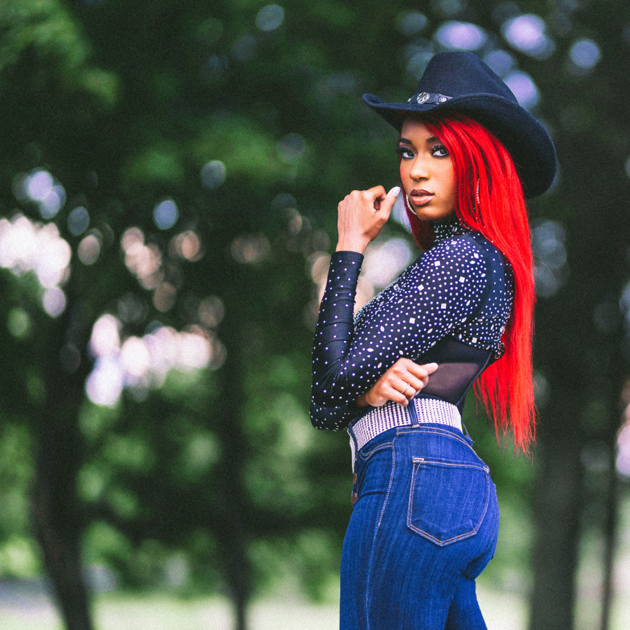








![Foot Traffic Up at Malls in Canada as Consumers Return to Brick-and-Mortar [Interview]](https://winstitution.info/wp-content/uploads/2022/11/Foot-Traffic-Up-at-Malls-in-Canada-as-Consumers-Return-150x150.jpeg)


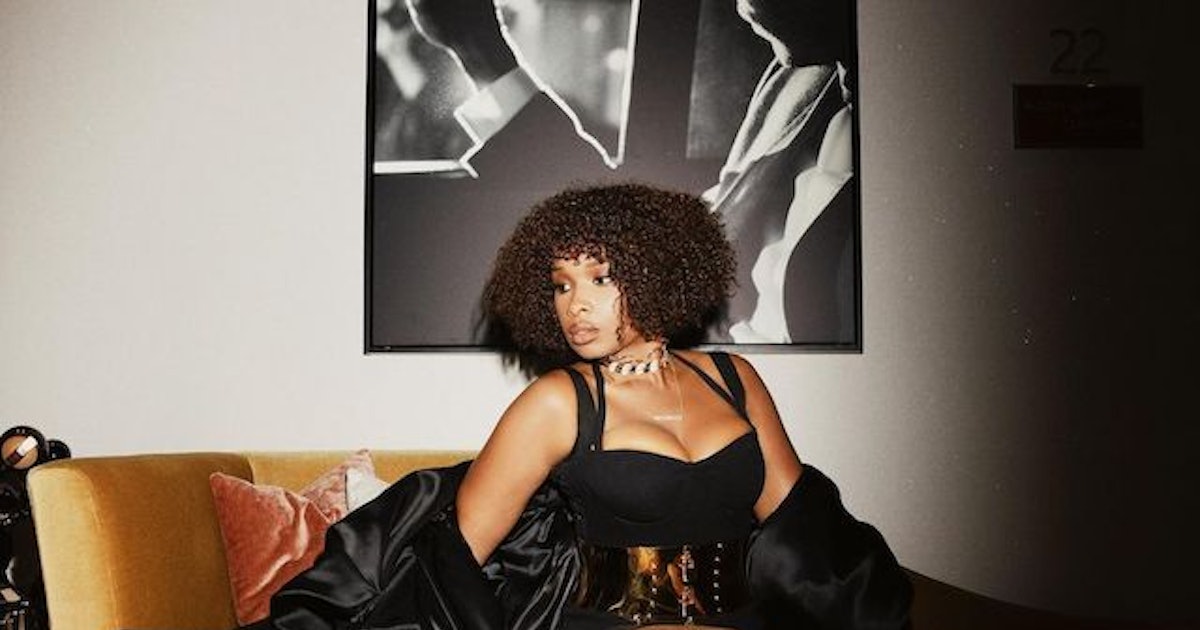






/https://specials-images.forbesimg.com/imageserve/604ad3acf728cc29468fec2e/0x0.jpg?cropX1=0&cropX2=846&cropY1=47&cropY2=523)
![See Inside the Amazing Homes of State Music’s Queens [Pics]](https://townsquare.media/site/204/files/2020/08/tim-mcgraw-faith-hill-mansion-california-pictures.jpg?w=1200&h=0&zc=1&s=0&a=t&q=89)


